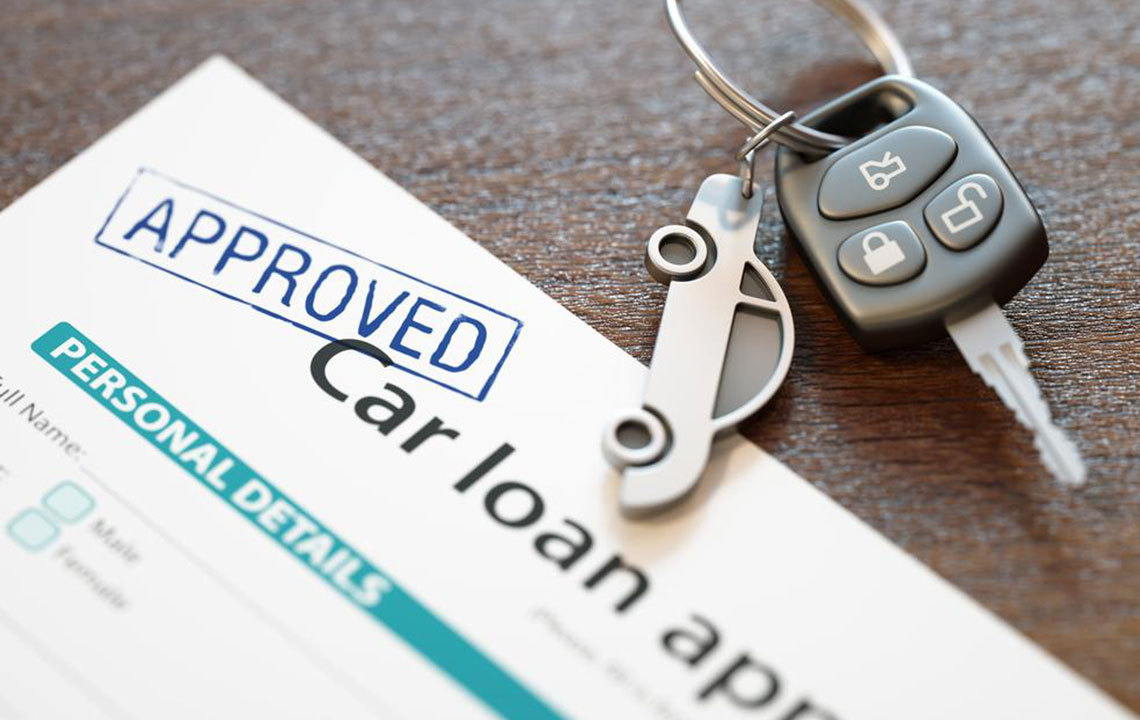Understanding the Differences Between Secured and Unsecured Loans
This article clarifies the key differences between secured and unsecured loans, discussing collateral, borrowing limits, approval time, interest rates, and credit reporting. It helps borrowers understand which option suits their financial needs best, whether they prioritize higher loan amounts or quicker approval processes. Understanding these distinctions enables informed borrowing decisions for better financial stability.
Sponsored

Comparing Secured and Unsecured Loan Options
When considering a loan, savvy borrowers evaluate all options carefully before making a choice. Borrowing involves a long-term financial commitment, so understanding your options is vital. A primary decision is whether to opt for a secured or an unsecured loan, especially if you're applying for a loan for the first time and unsure of their distinctions.
Here's what you need to know about secured versus unsecured loans:
Definition
A secured loan is backed by collateral such as property, savings, stocks, mutual funds, insurance policies, jewelry, precious metals, or vehicles. Until the loan is fully repaid, the lender owns the collateral's title or deed, and may seize and sell it if you default.
Contrast with Unsecured Loans
An unsecured loan lacks collateral, making it riskier for lenders. Consequently, these loans often have higher interest rates. Examples include credit cards, personal lines of credit, and payday loans.
Loan Amounts
Secured loans typically have higher borrowing limits due to collateral backing. Unsecured loans usually offer smaller amounts, reflecting the increased risk for lenders.
Approval Speed
Secured loans can take longer to process since collateral evaluation is required. In contrast, unsecured loans may be approved quickly—sometimes within a day or two—especially when your credit score is strong.
Interest Rates
Secured loans enjoy lower interest rates because of the collateral safety net. Unsecured loans carry higher rates to compensate lenders for the increased risk.
Impact on Credit
Payment history for both loan types is reported to credit bureaus. Missed payments or defaults can negatively affect your credit score, and collateral repossession will be reflected for up to seven years. Generally, only borrowers with excellent credit are approved for unsecured loans; others might find secured options safer.






